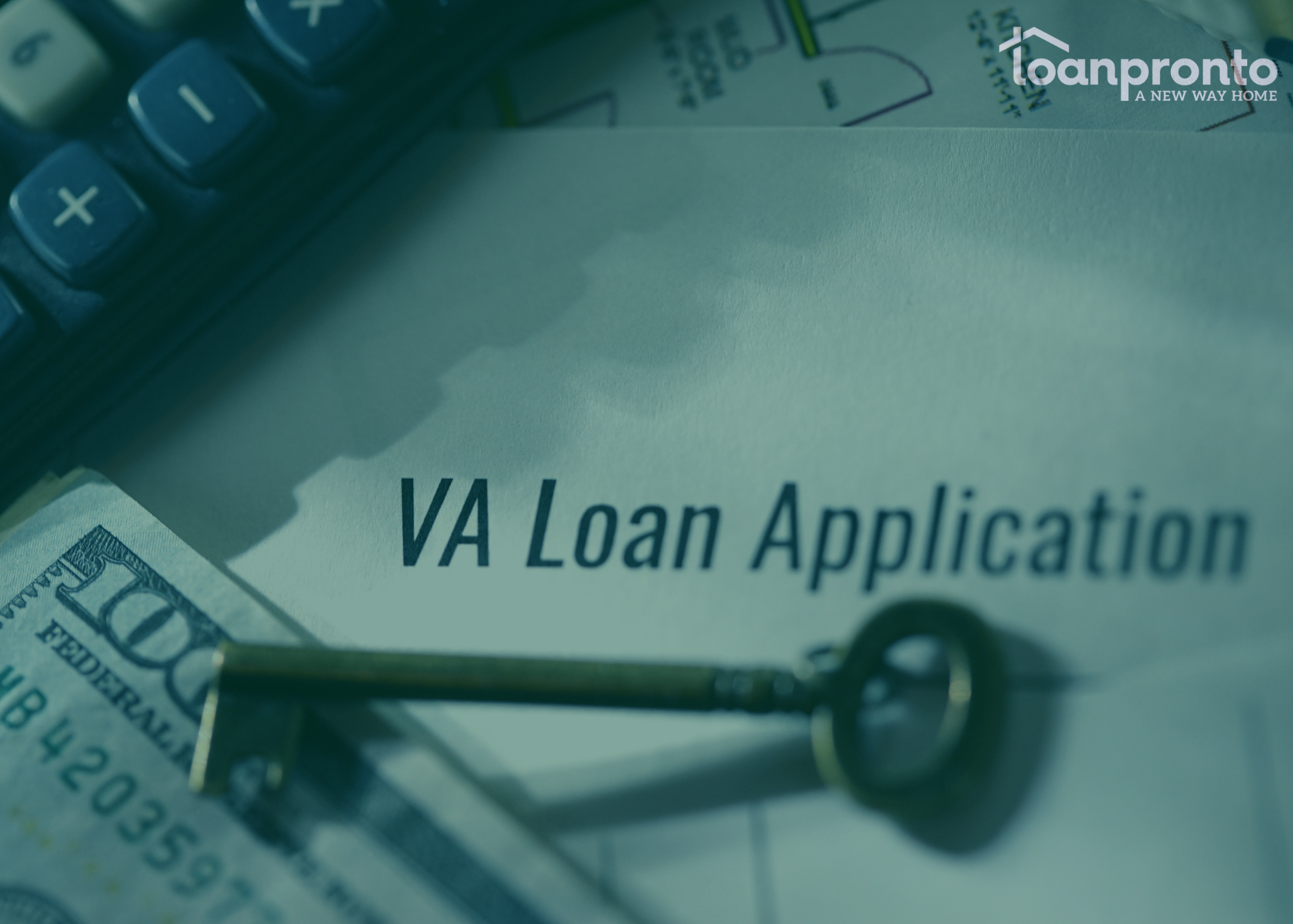Key Takeaways
-
VA seller concessions allow sellers to cover up to 4% of the loan amount for expenses beyond standard closing costs.
-
Common seller concessions include covering the VA funding fee, paying down debts, and buying down interest rates.
-
VA loans allow sellers to cover all closing costs without counting toward the 4% concession limit.
-
Negotiating seller concessions can significantly reduce out-of-pocket expenses and make homeownership more affordable for VA buyers.
When purchasing a home, especially with a VA loan, seller concessions can provide significant financial relief. They are financial incentives that a seller may offer to a buyer, aiming to lower the buyer’s out-of-pocket costs and expenses at closing. With the VA loan program, there are specific guidelines around seller concessions, which can benefit veterans and active service members.
What Are Veteran (VA) Seller Concessions?
These are essentially contributions from the seller to help cover various buyer costs. These contributions do not include the standard closing costs but instead focus on additional expenses outside of regular fees.
How Seller Concessions Work
Concessions add value to the home purchase by covering some costs that are usually the buyer’s responsibility. Here’s how it works: the seller agrees to cover specific expenses, which can range from paying down certain debts to covering the VA funding fee or even providing “closing gifts.” Below are some common types of seller concessions:
- VA Funding Fee: Sellers can pay this fee on behalf of the buyer, which can reduce the buyer’s upfront costs.
- Debt Payments: In some cases, the seller might pay off certain buyer debts, like credit cards or an auto loan, helping the buyer meet loan qualification requirements.
- Interest Rate Buydowns: Sellers can buy discount points to lower the interest rate permanently, or fund a temporary rate reduction.
- Prepaid Taxes and Insurance: Sellers might cover the prepayment of property taxes or homeowners insurance premiums.
- Homeowners Association (HOA) Fees: In some instances, the seller might pay a portion of HOA initiation fees or dues.
- Closing Gifts: These can include helpful items like appliances, furniture, or flooring for the new home.
The VA allows concessions up to 4% of the loan amount, and anything beyond this falls outside of what’s permitted.
VA Seller Concessions vs. Closing Costs
Closing costs are standard fees associated with obtaining a mortgage, while seller concessions are additional contributions from the seller. In a VA loan, sellers can cover all loan-related closing costs without counting toward the 4% concession cap.
Common Closing Costs Include:
- Origination Fee: Covers the lender’s processing costs.
- VA Appraisal Fee: This is for the VA-mandated appraisal to assess the property’s value.
- Title Insurance: Protects the lender against disputes regarding property ownership.
- Property Taxes: Typically prorated and may be prepaid at closing.
- Attorney Fees: Some states require an attorney for the closing process.
VA Seller Concession Limits
The VA limits seller concessions to 4% of the home’s purchase price, not including standard closing costs. This rule offers more flexibility than some other loan types, which restrict seller concessions to a lower percentage (e.g., 3% for conventional loans and 6% for FHA loans).
Negotiating Concessions
Seller concessions are negotiable, and some sellers may be more open to concessions, especially in a buyer’s market where homes are slower to sell. This is where a VA expert real estate agent can be a valuable asset, helping you negotiate and structure concessions that reduce your costs and simplify your home buying process.
How Seller Concessions Benefit Homebuyers
Let’s look at an example. Suppose you’re buying a home for $400,000 in a soft market. The seller agrees to cover traditional closing costs and $8,000 toward paying off an auto loan. With this arrangement, the buyer saves on closing costs, has no down payment, and benefits from having a personal debt paid off.
In this scenario, the official sale price remains $400,000, but the buyer avoids significant out-of-pocket expenses and sees an immediate reduction in monthly debt obligations.
Bottom Line
Seller concessions in a VA loan can be a powerful tool, providing buyers with benefits like ways to save on expenses and reduce upfront costs. With up to 4% of the loan amount available for concessions, buyers have a unique opportunity to make homeownership more affordable.
FAQ: VA Seller Concessions
No SSN required. Zero impact to credit. Your Information is never sold.


